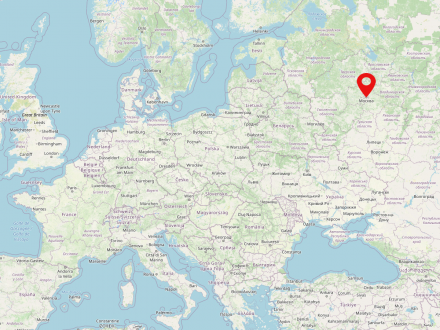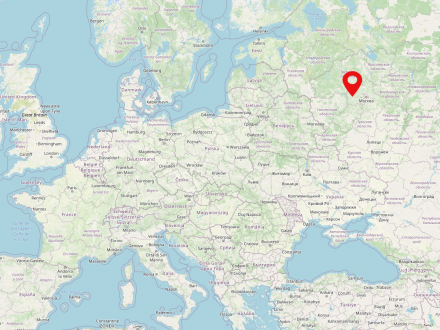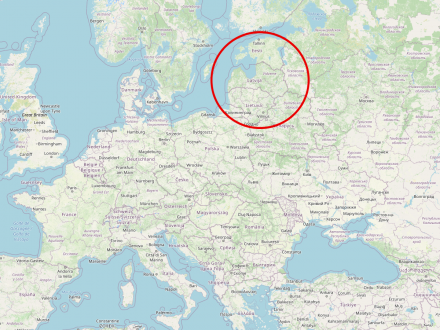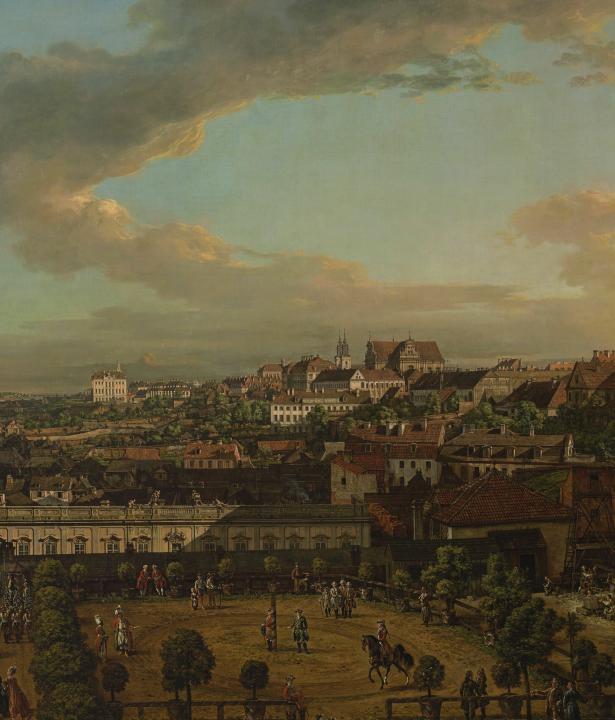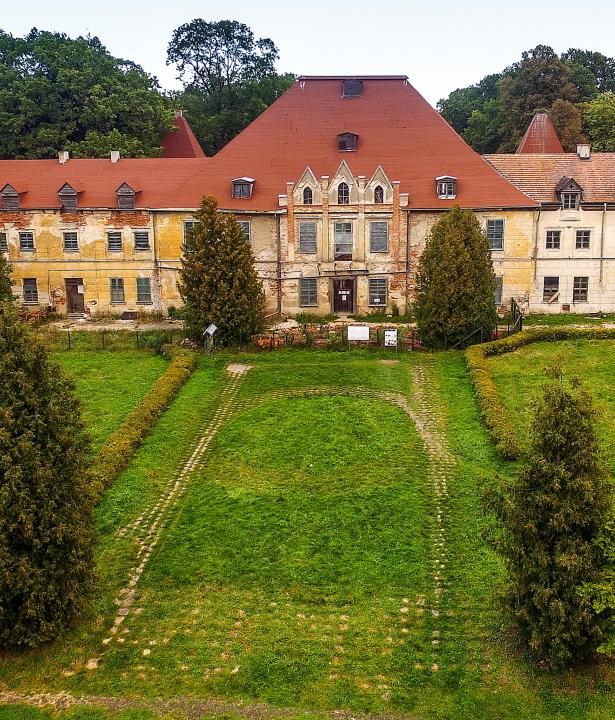

Moscow (Russian Москва́) is the capital of Russia and also the largest city in the country. With about 12.5 million inhabitants, Moscow is the largest city on the European continent.
To modernize
The Russian Federation is the largest territorial state in the world and is inhabited by about 145 million people. The capital and largest city is Moscow, with about 11.5 million inhabitants, followed by St. Petersburg with more than 5.3 million inhabitants. The majority of the population lives in the European part of Russia, which is much more densely populated than the Asian part.
Since 1992, the Russian Federation has been the successor state to the Russian Soviet Republic (Russian Socialist Federative Soviet Republic, RSFSR), by far the largest constituent state of the former Soviet Union. It is also the legal successor of the Soviet Union in the sense of international law.
Hannibal grew up in close proximity to the Tsar and became his personal secretary as well as aide-de-camp. He accompanied the Tsar on his trip to Europe in 1716 and then stayed in France to study. There Hannibal took part in the Franco-Spanish War. After his return in 1723, he became one of Russia's first Enlightenment thinkers. He wrote the first textbooks on mathematics and fortification in Russian, built forts in Siberia as well as in the
The Baltic States is a region in the north-east of Europe and is composed of the three states Estonia, Latvia and Lithuania. The Baltic States are inhabited by almost 6 million people.
Since Hannibal had been abducted from Africa as an infant, he could not exactly name his country of birth, but was always aware of his African origins. The Tsar christened him Petr Petrov. In 1727 Hannibal adopted the name Hannibal to make clear the parallel between himself and the great Hannibal of ancient history. Later he chose an elephant for his heraldic family coat of arms, to immortalize the African origin of his family. Hannibal's sons also became Russian generals. His moving life story inspired his great-grandson Alexander Pushkin as well as several other writers and filmmakers worldwide. However, Pushkin's historical novel, in which he wanted to immortalize his great-grandfather, remained unfinished.


